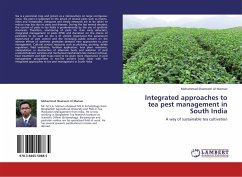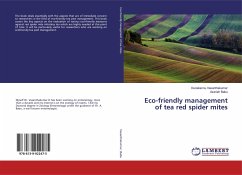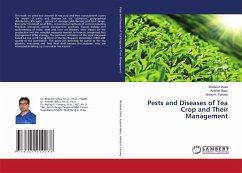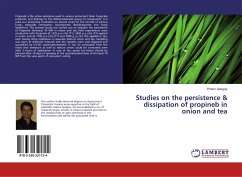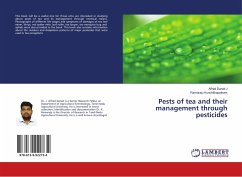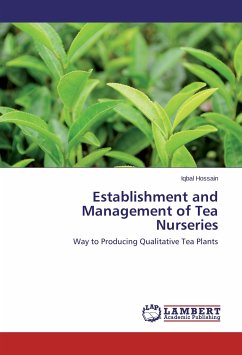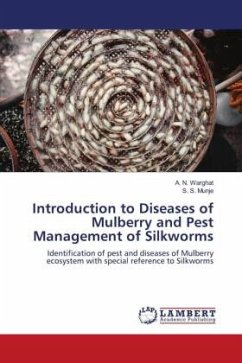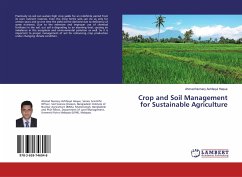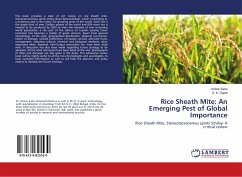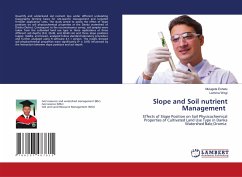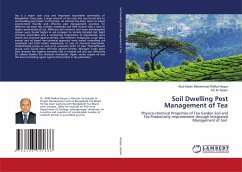
Soil Dwelling Pest Management of Tea
Physico-chemical Properties of Tea Garden Soil and Tea Productivity Improvement through Integrated Management of Soil
Versandkostenfrei!
Versandfertig in 6-10 Tagen
47,99 €
inkl. MwSt.

PAYBACK Punkte
24 °P sammeln!
Tea is a major cash crop and important exportable commodity of Bangladesh. Every year, a large amount of tea crop loss was found due to soil dwelling pest attack. In this book, an attempt has been taken to adopt environment friendly and effective pest management practices for different soil pests (eg. termite, nematode and field cricket) with a view to higher productivity of tea. Different soil nutrients and some exchangeable cations were found higher in soil compare to termite infested soil. Eight chemical insecticides and a commercial formulation of biopesticide were tested and screened agai...
Tea is a major cash crop and important exportable commodity of Bangladesh. Every year, a large amount of tea crop loss was found due to soil dwelling pest attack. In this book, an attempt has been taken to adopt environment friendly and effective pest management practices for different soil pests (eg. termite, nematode and field cricket) with a view to higher productivity of tea. Different soil nutrients and some exchangeable cations were found higher in soil compare to termite infested soil. Eight chemical insecticides and a commercial formulation of biopesticide were tested and screened against termite. Five different indigenous crude plant extract and oil based non-chemical approach were tested controlling soil nematode and field cricket respectively. In case of chemical insecticides, Imidachlropid group as well as in economic point of view Thiamethoxam group were found more effective against termite. Marigold crude plant cake showed the highest mortality rate in treated soil and can effectively be utilized besides the chemical nematicide. Again, waste engine oil was the best controlling agent against field cricket in tea plantation.



